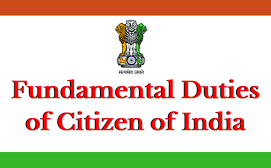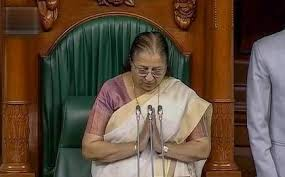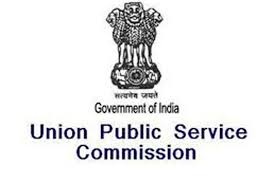SN17. Write Short Note on Significance of Directive Principles of State policy. The Sapru Committee in 1945 suggested two categories of individual rights. One being justiciable and the other being non-justiciable rights. The justiciable rights, as we know, are the Fundamental rights, whereas the non-justiciable ones are the Directive Principles of State Policy. Part 4 […]
Category: Constitutional Law
SN1. Creation of New States: Part I and Articles 2 to 4 discuss the formation of new states. Under these Articles, Parliament can increase or decrease the area of any state or alter the boundaries or change the name of any state. Under Article 2 of the Constitution, Parliament may by law admit into the […]
Fundamental Duties

Fundamental Duties are defined as the moral obligations of all citizens to help promote a spirit of patriotism and to uphold the unity of India and concern the individuals and the nation. They are included in Part IVA Article 51 A of the Constitution. They are not enforceable by the law. Originally, the Constitution of India […]
The Speaker of Lok Sabha

The position of the Speaker is the most powerful position in the Lok Sabha. He/she enjoys supreme authority in the House and a status equal to that of the Chief Justice of India. Election of the Speaker: After a new Lok Sabha is constituted, the Speaker and Deputy Speaker are elected by the House in […]
Public Service Commission

The Union Public Service Commission (UPSC) is India’s premier central recruiting agency. It is responsible for appointments to and examinations for All India services and group A & group B of Central services. The Public Service Commission’s came into existence for the first time in 1926 when the Central Public Service Commission was established under […]

Article 52 of the Constitution lays down that there shall be a President of India. Further Article 53(1) provides that the executive powers of the union shall be vested in the President. Thus the President of India is the Head of State and the Chief Executive. The executive powers of the Union are in the […]
President of India

According to Article 52, there shall be a President of India. Article 54 of the Constitution provides for an indirect method for the election of the President. By Article 54 the President shall be elected by the members of an electoral college consisting of the elected members of both Houses of Parliament; and the elected […]
Election of President

Article 54 of the Constitution provides for an indirect method for the election of the President. By Article 54 the President shall be elected by the members of an electoral college consisting of the elected members of both Houses of Parliament; and the elected members of the Legislative Assemblies of the States Thus by the […]